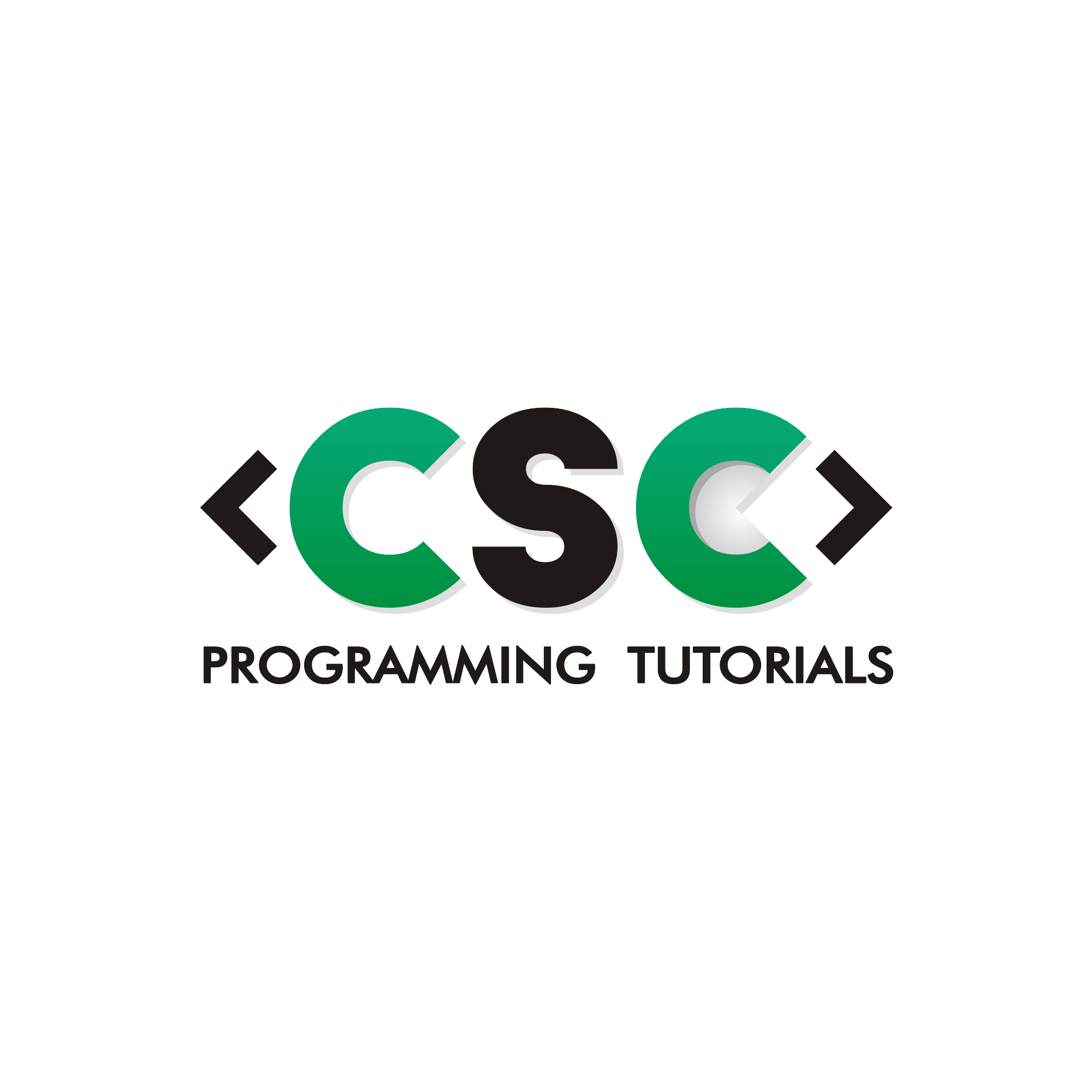Computer programming wears a lot of hats
This is why computer programming cannot be used to refer to a single computer language. It is, in fact, a term that refers to many different computer languages. If you want to learn computer programming, take a pick among languages such as C, C++, Java, COBOL (old but still reliable), FORTRAN (still used in many engineering applications), HTML/XML, Android, Visual Basic, PHP, Perl and Python, among others.
What you will be learning
It would help if you have a basic knowledge of computer operation just before you come in for classes. However, there are many introductory courses on computer programming where students are not required to have a background in computers. The only drawback is that you will start from step 1, literally. Try to familiarize yourself with computers first before taking a beginner class in computer programming.
Your first courses in programming school will usually consist of an overview of the computer programming industry – its history, pioneers, groundbreaking developments, etc. You will then be introduced to the fundamentals of the discipline, including its theories, definitions and basic concepts. This is done to ensure that you have a good foundation in the language you will be specializing in.
Once that’s done, your instructor will begin teaching you programming itself, such as how to write commands and queries. Your ultimate goal as a computer programmer is mainly to write a series of very detailed instructions using a language that a computer can understand and execute. During the course of your learning, this is exactly what your instructor will teach you.
Where to learn
You shouldn’t have any problems locating a school that teaches computer programming. You will probably find a good one in your area. Depending on the type of course you enroll in, classes will usually meet at least once a week (some meet 4 times a week) and last from 45 minutes to an hour. If you prefer, you can also learn online, provided you’re a self-starter and has the patience and will to follow through.
Personal characteristics for learning computer programming
It is said that you learn best if you take your temperament and personality into consideration. When you want to dabble or become an expert in computer programming, it’s no different. There are certain characteristics that successful computer programmers exhibit. For one, learning computer programming entails plenty of mathematics and logic, which means you will need to have a good amount of self-discipline and patience during class and especially during practical applications. You will also have to be creative and imaginative, so you can approach a problem in more ways than one.


